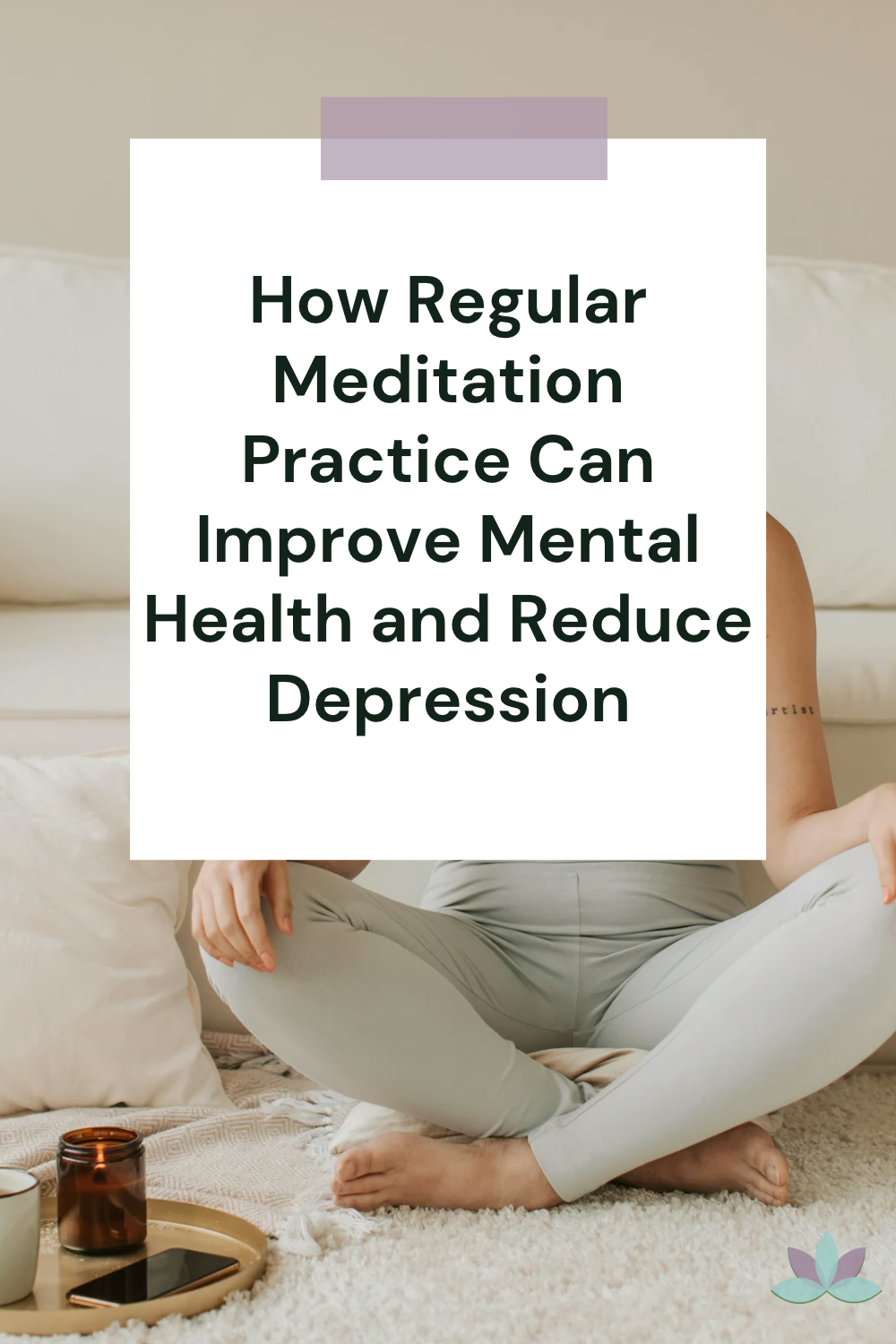
Depression is a common mental health disorder that affects millions of people worldwide. It can cause persistent feelings of sadness, hopelessness, and loss of interest in activities that were once enjoyable. While medication and therapy are common treatments for depression, meditation has emerged as a potential complementary therapy in recent years.
Reducing Stress
One of the most significant benefits of meditation is that it can help reduce stress levels. Stress is a common trigger for depression, and it can worsen symptoms for those who are already struggling with the disorder. Meditation can help calm the mind and reduce stress levels by encouraging individuals to focus on their breath and let go of intrusive thoughts. By practicing meditation regularly, individuals can learn to manage stress more effectively, which can help alleviate symptoms of depression.
Meditation can help individuals achieve a state of relaxation in which their minds are free from worries and distressing thoughts. It allows individuals to focus on the present moment and let go of negative thoughts and emotions. Research has shown that meditation can help lower cortisol levels and reduce the activity of the sympathetic nervous system, which is responsible for the body’s fight or flight response. These changes can help individuals achieve a sense of calm and tranquility, which can help alleviate symptoms of depression.
Increasing Self-awareness
Another way that meditation can help alleviate depression is by increasing self-awareness. Depression can often lead to negative self-talk, which can further exacerbate symptoms. By practicing meditation, individuals can learn to recognize negative thoughts and emotions as they arise. This increased self-awareness can help individuals challenge negative self-talk and develop a more positive outlook on life.
Meditation can help individuals become more aware of their thoughts, emotions, and physical sensations. It allows individuals to observe their thoughts without judgment and develop a greater understanding of their inner experiences. This increased self-awareness can help individuals identify negative thought patterns and replace them with more positive and empowering ones. By cultivating a more positive outlook on life, individuals can reduce symptoms of depression and improve their overall well-being.
Improving Sleep Quality
Sleep disturbances are common among individuals with depression. Meditation can help improve sleep quality by promoting relaxation and reducing anxiety levels. By practicing meditation before bedtime, individuals can calm their minds and prepare themselves for a restful night’s sleep. Improved sleep quality can help reduce symptoms of depression and improve overall well-being.
Meditation can help individuals achieve a state of deep relaxation, which can promote restful and restorative sleep. It can help reduce the activity of the mind and promote a sense of calm and tranquility. By practicing meditation before bedtime, individuals can create a relaxing bedtime routine that can help them fall asleep faster and stay asleep longer. Improved sleep quality can help reduce symptoms of depression and improve overall well-being.
Meditation can be an effective complementary therapy for individuals struggling with depression. By reducing stress levels, increasing self-awareness, and improving sleep quality, meditation can help alleviate symptoms and improve overall well-being. While meditation should not be used as a replacement for medication or therapy, it can be a helpful tool in managing depression. If you are struggling with depression, consider incorporating meditation into your daily routine to see if it can help alleviate your symptoms.
|
|




